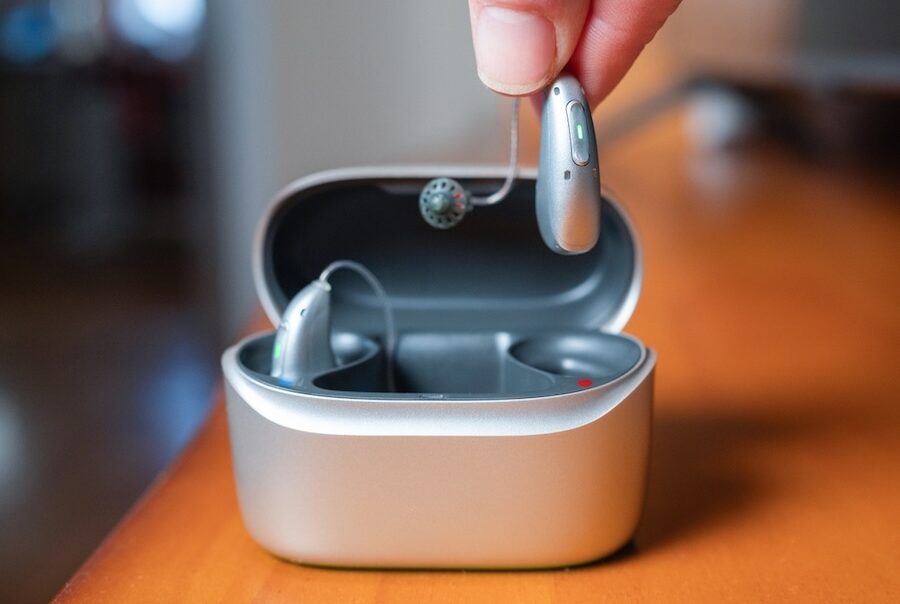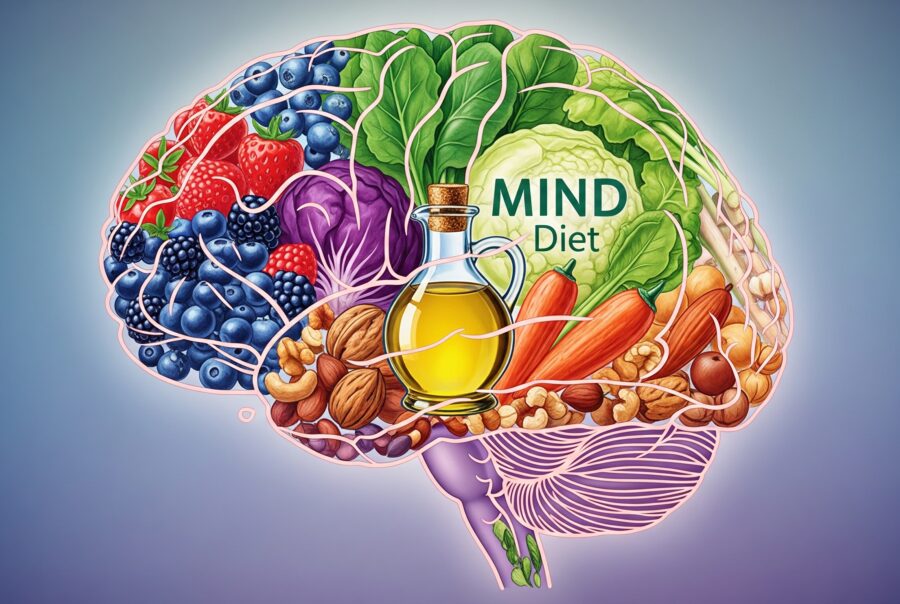Lithium and the brain
Recent studies indicate that even trace amounts of lithium salts may have positive effects on the brain. For example, a 2020 review found evidence for a protective effect of lithium from public drinking water and lower suicide mortality at the population level. Evidence is mounting for lithium’s antisuicidal, antiviral, immunomodulary, and neuroprotective effects, including for Alzheimer’s disease prevention.









